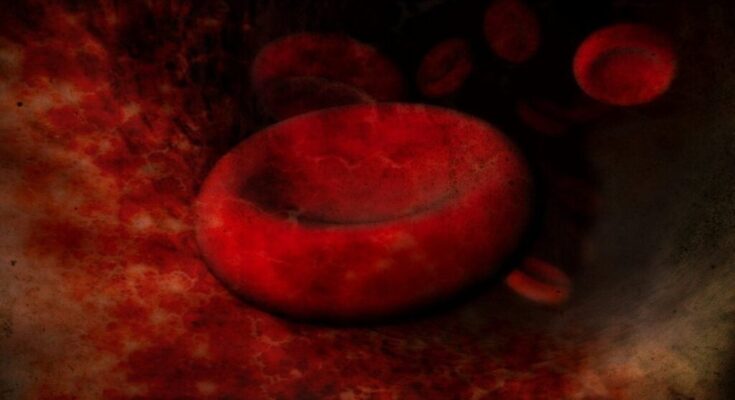
Scientists have discovered a new human blood group, which has the potential to save many lives. This come after solving a 50-year-old mystery.
The team consisted of scientists from NHS Blood and Transplant (NHSBT), the University of Bristol, and the International Blood Group Laboratory. The research team discovered a new blood group called MAL. MAL is now officially the 47th blood grouping.
MAL was discovered by determining the genetics behind the AnWj antigen. The AnWj antigen is a surface marker, and the MAL protein is present in all AnWj-positive people. AnWj-positive individuals comprise about 99.9 percent of the population, as this antigen is on the surface of most people’s blood cells.
The remaining are a rare few that are born AnWj-negative. These are the few people who do not have the AnWj antigen on the surface of their blood cells. The team discovered associations between the homozygous deletions of MAL and AnWj-negative people.
The team has developed a test to identify people without the AnWj antigen in their blood. They made this possible by using genetic testing. The new findings could save many people who had trouble receiving crucial blood transfusions.
Loise Tilley, a senior research scientist at NHSBT, told the BBC, “It’s challenging to quantify the exact number of people who will benefit from this test. However, NHSBT is the last resort for around 400 patients each year worldwide.”
The 50-year-old mystery that led to a new blood group
The genetics behind the AnWj antigen have been a mystery for scientists for over 50 years. The discovery of the antigen was made in 1972, but no one knew much about it until the new test was created by the team. Some scientists, like Tilley, have spent chunks of their careers trying to make this discovery.
“The genetic background of AnWj has been a mystery for more than 50 years, and one which I personally have been trying to resolve for almost 20 years of my career,” she said. “It represents a huge achievement, and the culmination of a long team effort, to finally establish this new blood group system and be able to offer the best care to rare but important patients.”
Solving the mystery took plenty of time and effort, but the research team’s efforts paid off.
Nicole Thornton, Head of the Laboratory, said, “Resolving the genetic basis for AnWj has been one of our most challenging projects. There is so much work that goes into proving that a gene does actually encode a blood group antigen, but it is what we are passionate about, making these discoveries for the benefit of rare patients around the world.”



